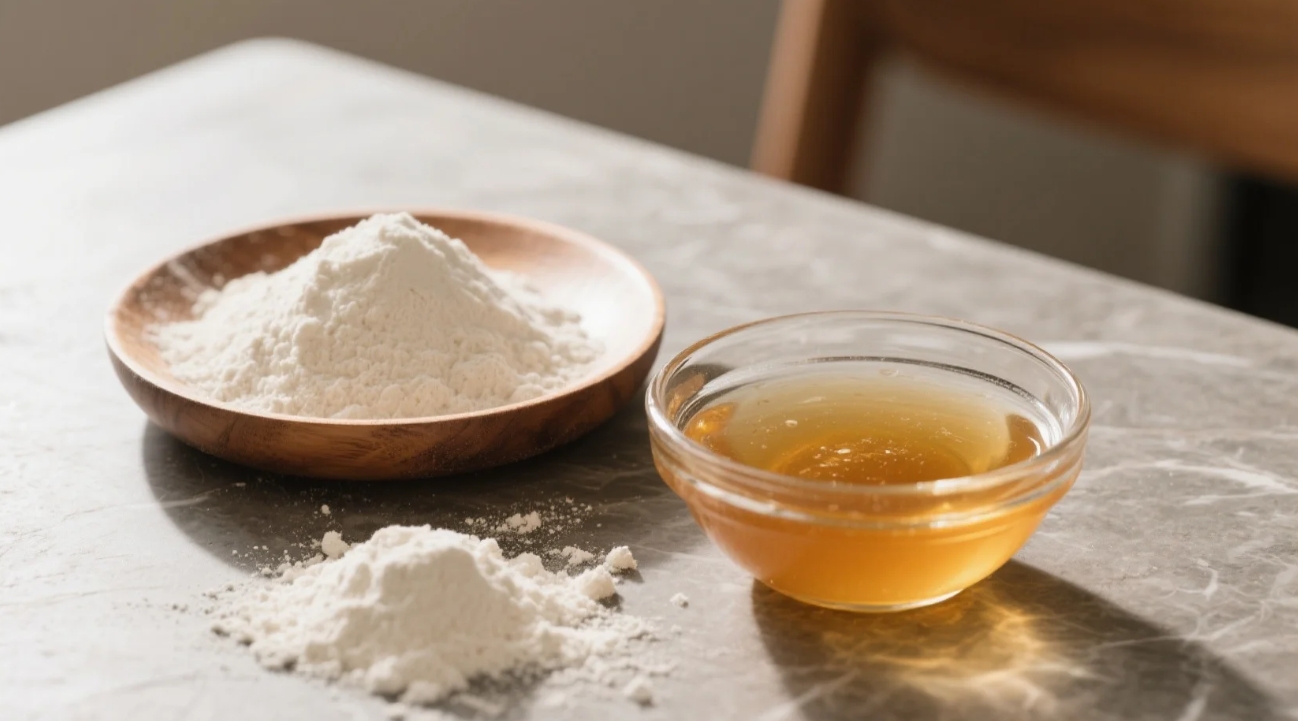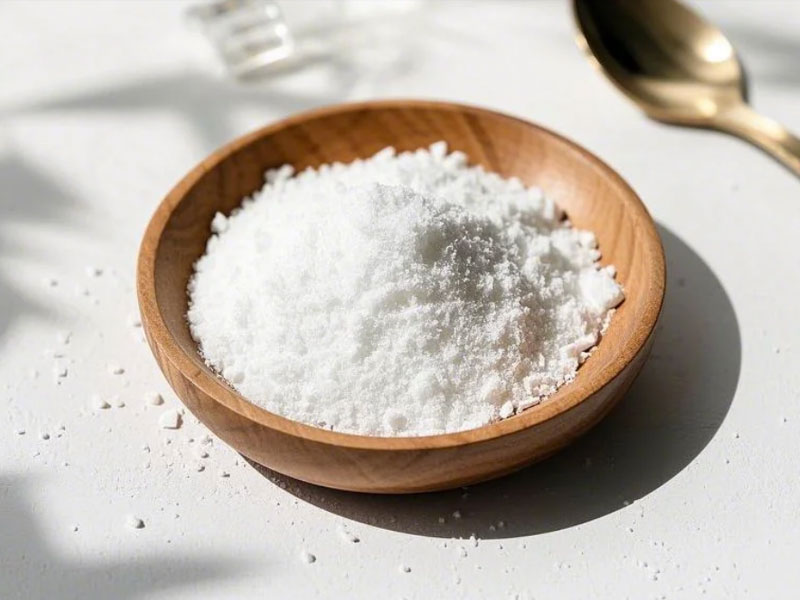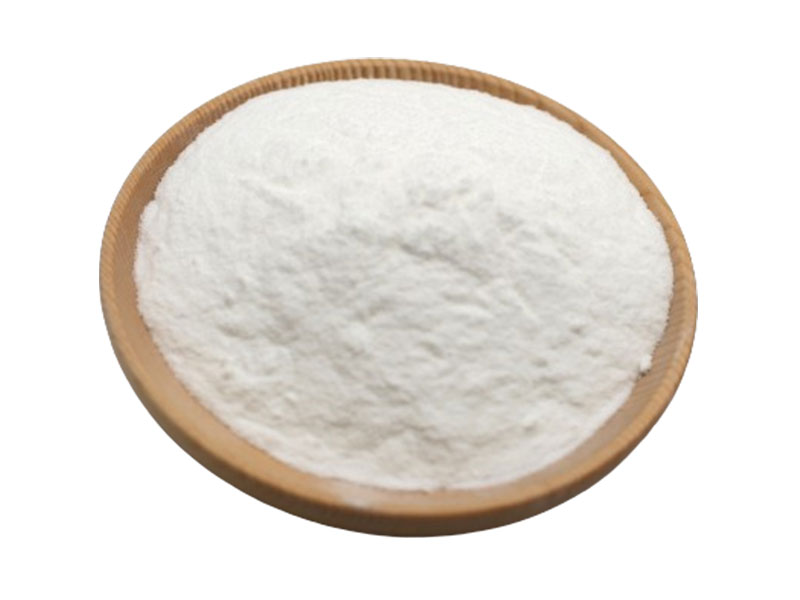Organic allulose powder and syrup face off against stevia in the quest for guilt-free sweetness. But beyond marketing buzz, science reveals critical differences in metabolism, microbiome impact, and long-term safety. After analyzing 18 clinical studies and regulatory filings, here’s the evidence-based verdict.
Safety Scorecard: How They Work in Your Body
| Factor | Organic Allulose | Organic Stevia (Reb A) |
|---|---|---|
| Metabolism | Not metabolized → excreted unchanged | Gut bacteria convert to steviol → absorbed |
| Blood Sugar Impact | Zero glycemic effect (FDA-recognized) | May cause glucose dysregulation in 15% of users |
| Gut Microbiome | No fermentation → neutral to bacteria | Reduces Lactobacillus by 22% (per Nutrients 2022) |
| FDA Status | GRAS (Generally Recognized As Safe) | GRAS with specified daily limits (4mg/kg) |
| Side Effects | >30g may cause bloating (osmotic effect) | Bitter aftertaste, potential hormone disruption at high doses |
Real-world insight: Allulose won’t spike insulin during fasting periods. Stevia might.
Processing Pitfalls: Why Organic Matters
Non-Organic Stevia Risks
- Solvent residues (ethanol/hexane) from extraction
- GMO-derived enzymes used in refinement
- 40% of brands mix with erythritol/maltodextrin
Non-Organic Allulose Risks
- Corn-derived (likely GMO) starting material
- Bleached with activated charcoal
- Crystallization agents like propylene glycol
Organic Certification Fixes → Guarantees:
✅ Allulose: Fermented from organic non-GMO crops (figs/raisins)
✅ Stevia: Water-extracted, no solvents
✅ Both: Zero synthetic additives
Health Impact Deep Dive
Weight Management
- Allulose blocks alpha-glucosidase enzymes → reduces sugar absorption by 40%
- Stevia lowers perceived calorie intake but may increase appetite via sweet-taste receptors
Dental Health
- Both inhibit biofilm formation → prevent cavities
- Allulose’s crystal structure physically scrubs plaque
Diabetic Safety
| Marker | Allulose | Stevia |
|---|---|---|
| HbA1c | ↓ 0.4% (Diabetes Care 2021) | Neutral |
| Insulin | No stimulation | ↑ 25% in insulin-resistant subjects |
The Taste Test: Practical Safety in Kitchens
Cooking Safety
- Allulose powder/syrup caramelizes like sugar (no bitterness)
- Stevia degrades above 140°F → releases metallic notes
Usage Caps
| Format | Safe Daily Limit | Where to Use |
|---|---|---|
| Allulose Powder | ≤ 45g (15 tsp) | Baking, frostings, ice cream |
| Allulose Syrup | ≤ 60g (4 tbsp) | Beverages, glazes |
| Stevia Powder | ≤ 0.3g (⅛ tsp) | Cold drinks, yogurt |
| Stevia Syrup | ≤ 7g (½ tbsp) | Sauces, dressings |
Critical Note: Stevia concentrates require precision scales. Overdosing causes licorice-like bitterness.
The Verdict: When to Choose Which
Pick Organic Allulose If You:
- Need 1:1 sugar replacement in baking
- Prioritize metabolic neutrality
- Want zero aftertaste
Pick Organic Stevia If You:
- Require zero-calorie sweetness
- Use tiny amounts (high potency)
- Prefer plant-based symbolism
Red Flags to Avoid
? “Natural flavors” in stevia blends
? Allulose products mixed with sugar alcohols
? Non-organic imports lacking 3rd-party tests
The Unspoken Advantage: Microbial Intelligence
Allulose’s molecular structure mimics sugar but contains zero fermentable carbon → Candida and harmful bacteria starve while consuming it. Stevia feeds oral streptococci linked to dental decay.
The Sweet Truth
Organic allulose emerges as the physiological safer choice—it’s metabolically inert, microbiome-neutral, and kitchen-friendly. Stevia offers potent sweetness but carries sensory and microbial trade-offs. Ultimately:
- Use allulose when replacing sugar in recipes
- Use stevia for micro-dosing cold preparations
Your body isn’t fooled by sweetness. Choose organic to bypass processing toxins, then let biochemistry guide your spoon. Safe sweetness isn’t a myth—it’s a molecular masterclass.
Consult providers if pregnant or managing diabetes. Individual tolerances vary.
Related Products
Organic Allulose Sweetener
Zero-Calorie, Natural Sweetener for Clean-Label Food, Beverage & Keto Formulations
Organic Maltodextrin Powder
Versatile Clean-Label Carbohydrate for Food, Beverage & Nutraceutical Applications


